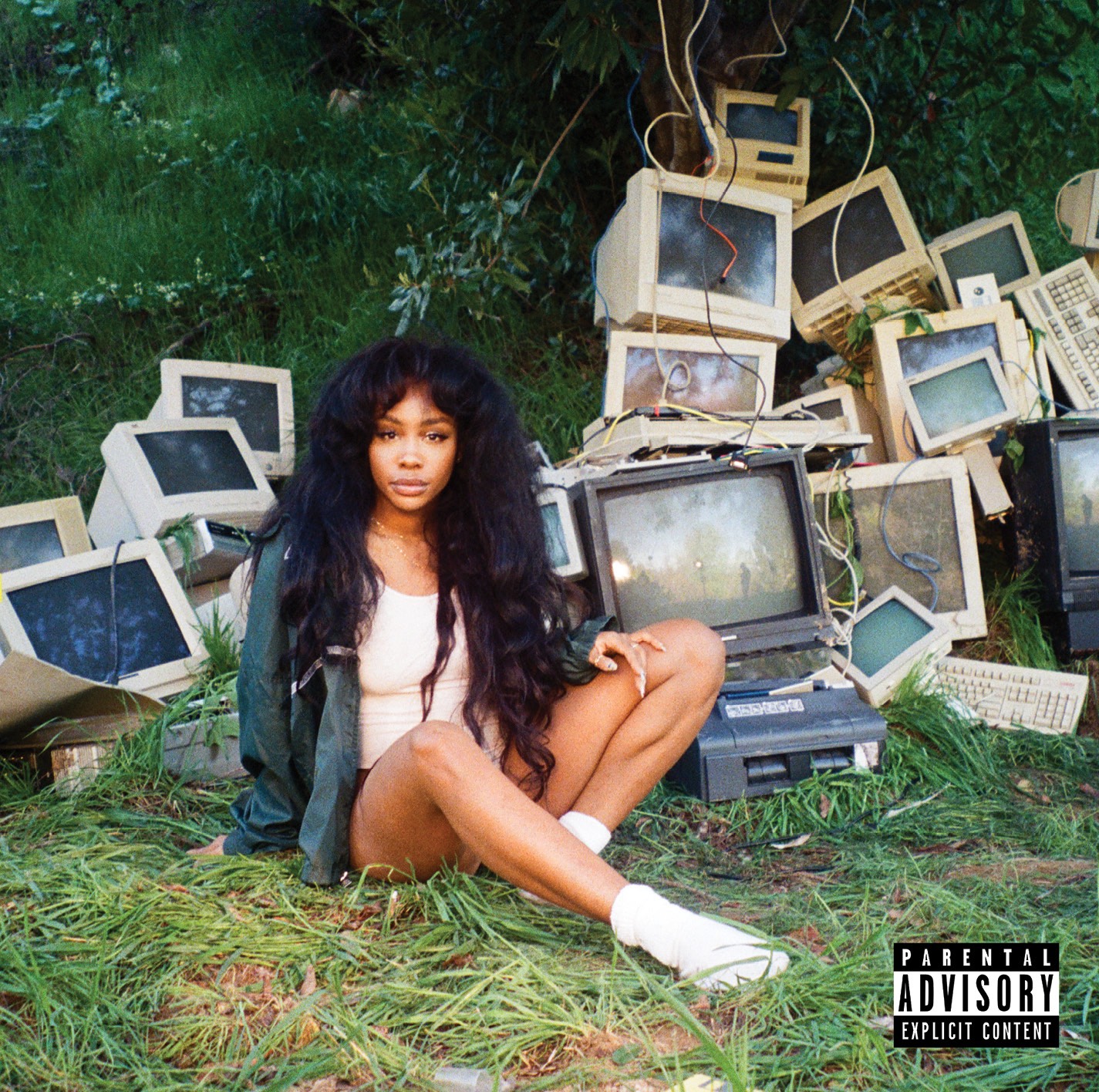SZA
Ctrl
TOP DAWG/RCA
8/10
Despite operating in a world that favors escapism, Top Dawg Entertainment has a reputation for penetrating the pop sector with more socially aware and complex themes. This year, every track on Kendrick Lamar’s emotional labyrinth DAMN. ended up on the Billboard Hot 100 at once. And last year, SZA, the label’s sole singer, was recruited as one of just two guest vocalists (the other being Drake) on Rihanna’s Anti—an album designed to reposition artistic integrity above the pressures of stardom—so it’s no surprise that the New Jersey artist’s long-anticipated debut album, Ctrl, is quintessential anti-pop.
Crisp drums, serene synths, and sparse guitars make up a minimal backdrop for SZA’s unique, zig-zagging melodies. After watching her cartwheeling at Coachella and seducing Travis Scott in the “Love Galore” video, it’s surprising how sad and cerebral this debut came out, but an artist can only follow what they’re feeling at the time, and troubled tracks like “Drew Barrymore” and “Broken Clocks” prove that pop can be just as satisfying when it's morose as when it’s gleeful.
There’s no Nicki Minaj feature, no DJ Mustard club cruncher, no junk-food love songs; it’s great pop without the guilty pleasure factor. She questions her own beauty on “Garden (Say it Like Dat)," where she tells a lover “You know I’m sensitive about havin’ no booty, havin’ nobody” and seals it with the message “You’ll never love me, but I believe you when you say it like that.” It’s a vulnerable moment that stands in contrast to the posturing of many of her peers.
The final song is “20 Something,” a simple ballad for her lost generation: “Praying the twenty-somethings don’t kill me,” she sings, revealing in closing that she never found the answer to the question she asked us earlier on “Prom”—“Fearing not growing up, keeping me up at night / Am I doing enough?” SZA doesn’t offer answers, because in today’s troubled America, there are too few people even asking questions.









